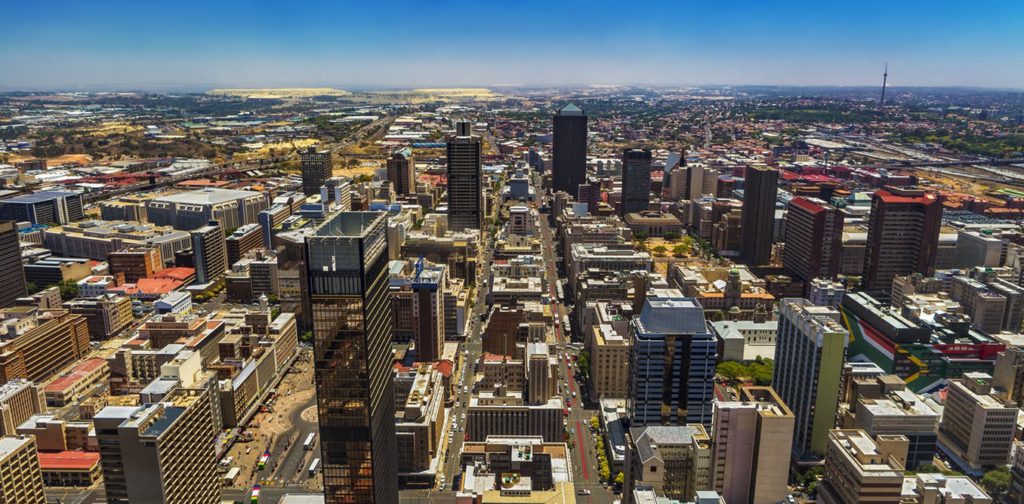Knowing that the world is evolving also comes with the hard realization that everything is connected. When we look at some societies to know the exact distinction that makes them ‘developed’, one of the recurring factors is the society’s system. The system is the way different factors of the society interact with each other; multiple infrastructures coming together for a common goal.
However, before we talk about the system, we must start from infrastructure. After research, we discovered that infrastructure refers to the fundamental facilities and systems serving a country, city, or other area, including the services and facilities necessary for its economy to function. Infrastructure is composed of public and private physical improvements such as roads, bridges, tunnels, water supply, sewers, electrical grids, and telecommunications (including Internet connectivity and broadband speeds).
Seems like a lot of words, right? Infrastructure simply means the foundation that drives society.
Infrastructure has two types: the hard and the soft.
Hard infrastructure refers to physical networks like; roads, bridges, railways, tunnels, electricity, water supply, telecommunications etc. Soft infrastructure on the other hand are the institutions that preserve the economic, health, social and cultural standards of a country, like; educational programs, official statistics, parks, and recreational facilities, law enforcement agencies and emergency services etc.
Infrastructure is one of the major issues Africa faces. Being still far behind when it comes to infrastructure and development– as access to constant energy, affordable housing, efficient transport, reliable communication, internet and broadband speed is difficult. According to estimates, Africa needs almost 90 billion USD every year from 2016-2026 to meet up with developed countries in terms of infrastructure. Africa’s infrastructure shortfall is a situation that has remained serious.
The infrastructural situation in Africa has limited cross-border flow of trade, capital, information and investors and this has drastically affected the growth, wider development performance and regional integration of the continent.
See also: Celebrating Women; The Game Changers in African Technology
According to statistics, poor infrastructure cuts up to 2% of economic growth every year, and this reduces productivity by over 40%. This goes to prove that infrastructure is a huge contributor to economic stability. Africa lags behind in this regard, and according to the World Bank, closing the infrastructural gap between Africa and the rest of the world will increase the continents GDP per capita by 1.7%. There is still a long way to go.
Infrastructural investment opens up the doors for investors. It creates jobs, deliver development to rural communities and even boosts the economy. We cannot emphasize the impact of infrastructure on innovation and tech entrepreneurship. These challenges bring opportunity for infrastructure challenges as it is an avenue to build creative solutions just like some startups in Africa is already doing.
Entrepreneurs need an accommodating environment with adequate infrastructure to thrive. For technology business to flourish there is need for adequate ICT friendly infrastructure that will drive customer acquisition and growth. It can be discouraging and tough to innovate when there is no enabling infrastructure. With limited ICT infrastructure entrepreneurs will be unable to exploit the value of critical services like Data Centre, Hardware and cloud computing. These services generally help startups reduce costs and stay agile.
It is difficult to raise financial resources for infrastructure projects in a gradual unstable setting. However, Africans are innovative and entrepreneurial, and if they have a political will and an accountable government that has sound public-private-partnerships that are in the interests of the people, then Africa can look inward, to finance its own growth and find African solutions to its problems. These solutions have to guarantee revenue sustainability and long-term income generation plans.
An adequate transport system guarantees an integrated infrastructure network that will promote social and economic development. That means a safe and secure transport sector, improved rural access, infrastructure and mobility, improved public transport systems will increase the contribution of the transport sector to job creation in the continent. African transport regulators should encourage local and regional businesses to use railway infrastructure, rather than making use of the road network that will slow down the continent’s productivity and keep the costs of doing business and moving goods at a high rate.
Infrastructure has an encouraging effect on investment, innovation and tech entrepreneurship when it is available. A lot can be attained if African leaders will close the gap that infrastructure poses, even though tech entrepreneurs are developing innovative solutions without minding the lack of infrastructure. More jobs will be made readily available and the African economy will boom, if the government utilizes the advanced technologies from other countries to improve the infrastructural state of the continent.
